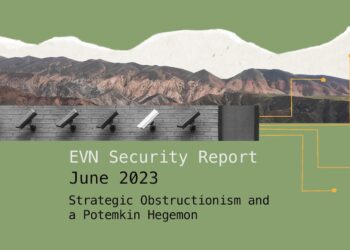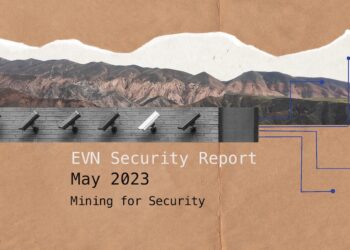EVN Security Report: November 2023
Regional dynamics in November demonstrated acute developments that are on track to produce unanticipated realignments, altering Armenia’s security environment and enhancing its security and foreign policy diversification.











